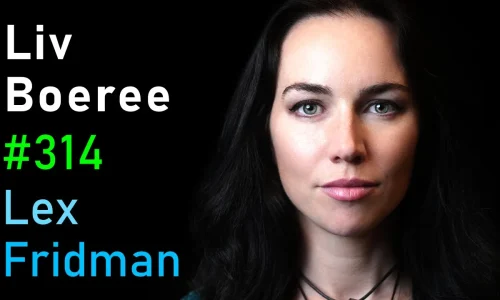See all Lex Fridman transcripts on Youtube

Liv Boeree: Poker, Game Theory, AI, Simulation, Aliens & Existential Risk | Lex Fridman Podcast #314
3 hours 35 minutes 39 seconds
🇬🇧 English

Omnivision Solutions Ltd
- Getting Started
- Create Transcript
- Pricing
- FAQs
- Recent Transcriptions
- Roadmap